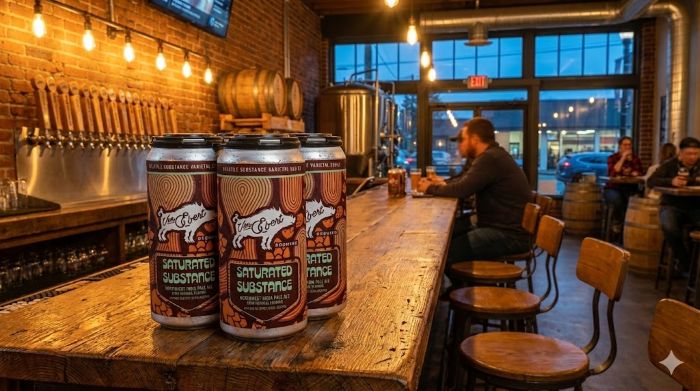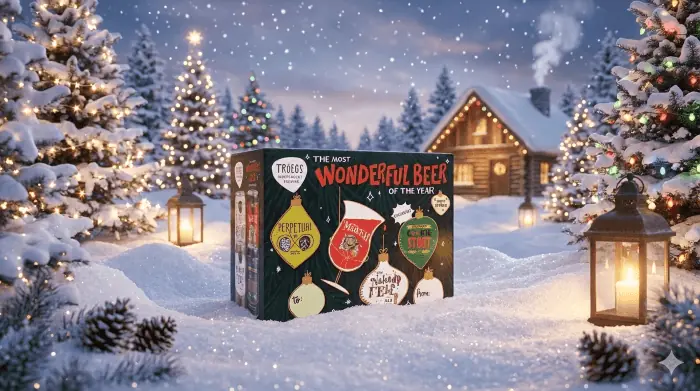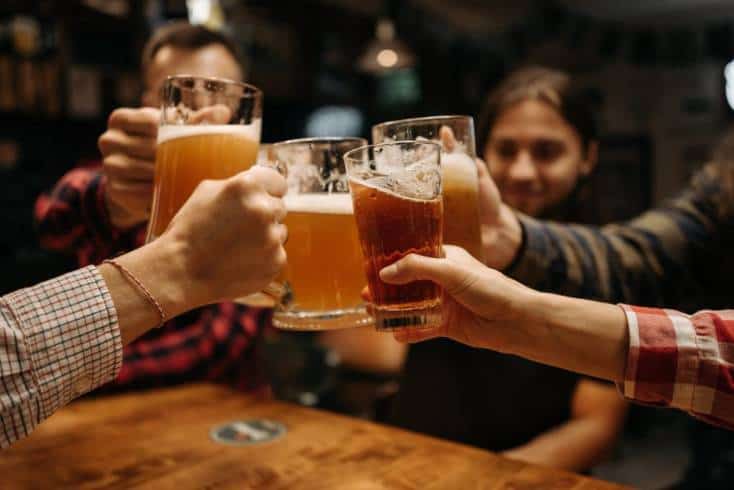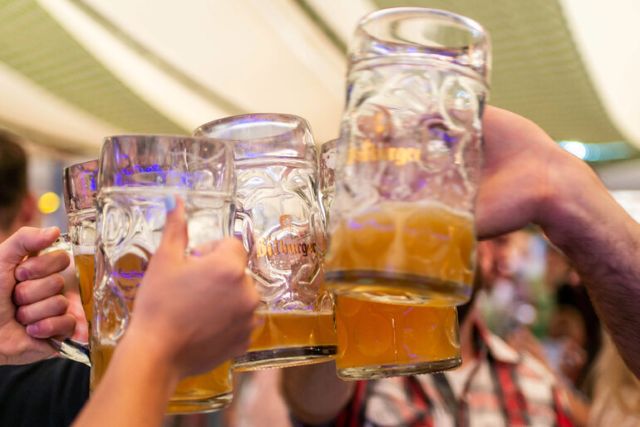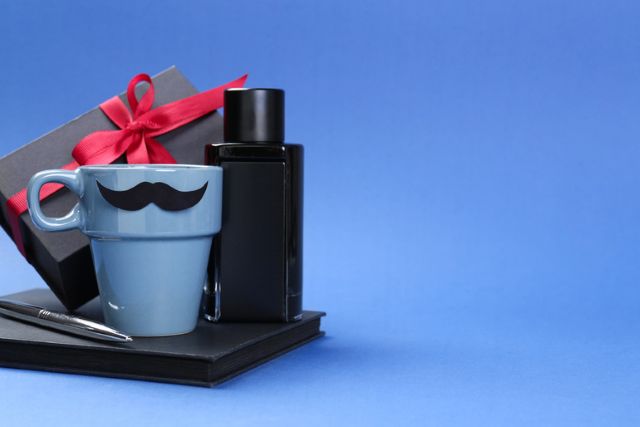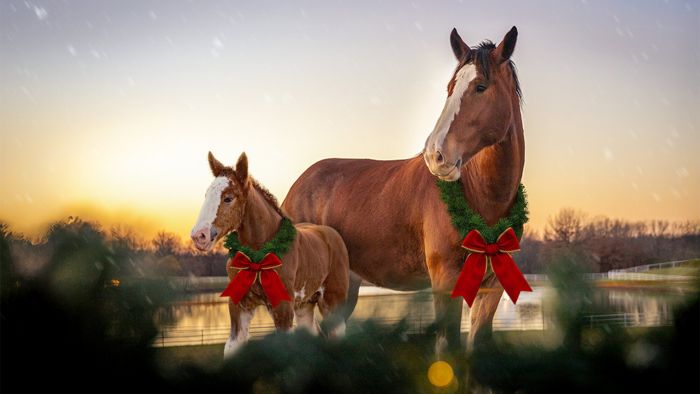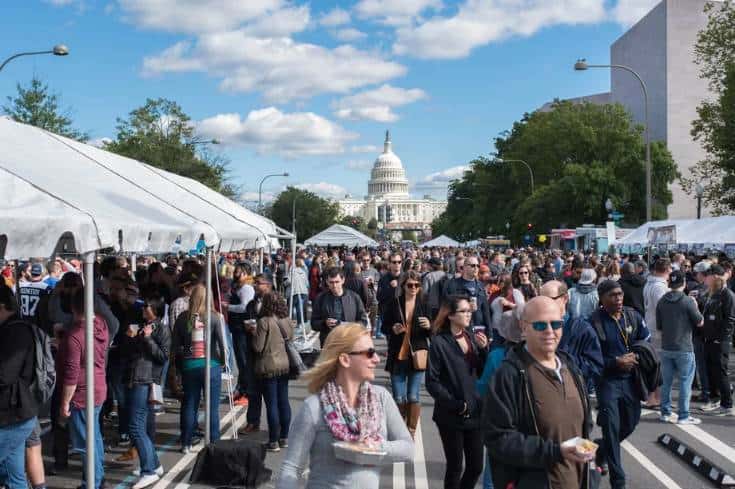Beer Legends: The Lasting Legacy of Bill Coors
Beer Legends: The Lasting Legacy of Bill Coors
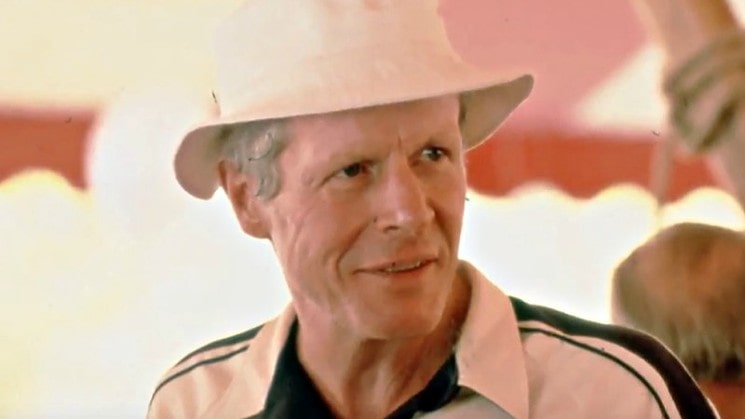
Bill Coors as seen in The Will to Live / YouTube
By any measure, Bill Coors was a man who left an indelible mark on American beer—and on American business itself.
And while the name “Coors” may conjure images of ice-cold cans, and snow-covered mountain peaks, and the man behind that brand was a visionary whose influence stretched far beyond the brewery walls of Golden, Colorado.
Yes, Bill Coors was a brewing legend but he was also a very complex individual…
Born in 1916, William Kistler Coors was the grandson of Adolph Coors, the German immigrant who founded the Coors Brewing Company in 1873. Bill joined the family business in 1939, just as the US beer industry was beginning to modernize after Prohibition.
Over the next several decades, he helped transform a regional brewery into a national powerhouse—without ever losing sight of innovation, efficiency, and, above all the importance of the grains that go into a fine beer, particularly barley.
Beer is basically four ingredients; malted grains (primarily barley) water, hops and yeast and while hops get the majority of the attention (especially in the craft beer biz) the importance of barley can’t be underestimated.
That’s why in 1946, when Coors was a smaller, more regional brewer, Bill Coors determined that if the brewer would ever become the powerhouse it is today, it would need a reliable source of barley.”
Malted barley gives a beer its color, its malty sweet flavor and body and most important of all, the natural sugars needed for fermentation. Barley’s role in beer making is equivalent to grapes’ role in winemaking, the grain is fundamental to beer. So seventy-seven years ago, Bill Coors established the brewery’s barley program, which, through partnerships with growers across the Rocky Mountain region, gave the brewery exclusive access to good quality, high-yield barley
Another of Bill Coors’ most famous contributions wasn’t even the beer—it was the can.
In the late 1950s, Coors pioneered the recyclable aluminum can, a packaging revolution that changed the beverage industry forever. It was lighter, cleaner, and far more environmentally friendly than the steel cans of the day. That simple switch not only reduced costs but also put Coors at the forefront of sustainability—long before “eco-friendly” became a buzzword.
But Bill wasn’t just a businessman; he was a scientist and an environmentalist at heart. He held a Ph.D. in chemical engineering and was deeply committed to research and water purity, knowing that clean water was the soul of good beer. He established rigorous water protection standards at Coors, making the company one of the first brewers to embrace environmental responsibility as core to its operations.
Still, his tenure wasn’t without controversy. Like many old-guard executives, Coors had to navigate turbulent social and political waters in the 1970s and ’80s, as boycotts and protests hit the company over labor issues and perceived political stances. Through it all, Bill Coors remained a complicated, sometimes contradictory figure—forward-thinking in science and sustainability, yet rooted in traditional values that sometimes clashed with the changing times.
In later years, he became an advocate for mental health awareness—speaking publicly about his own struggles with depression, a topic rarely discussed by executives of his generation. That candidness, especially late in life, gave a new human dimension to a man often viewed only through the corporate lens.
When Bill Coors passed away in 2018 at the age of 102, he left behind more than just a beer empire. He left a legacy of innovation, resilience, and complex humanity—a reminder that the people behind America’s great brewing dynasties weren’t just making beer. They were shaping culture.
###



